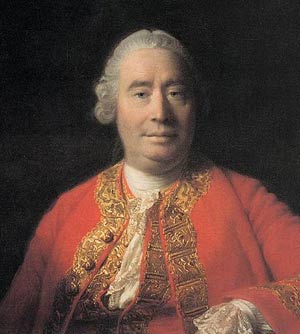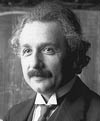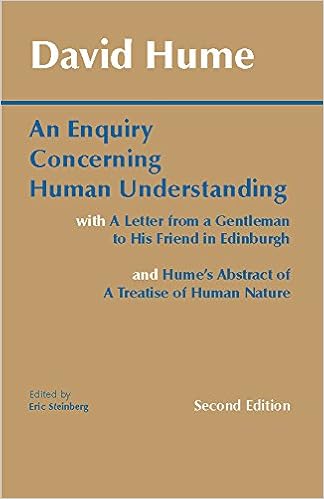
“He is happy, whose circumstances suit his temper; but he is more excellent, who can suit his temper to any circumstances.”
David Hume, An Enquiry Concerning the Principles of Morals (1751)
Beginning with his A Treatise of Human Nature (1739), Hume strove to create a total naturalistic “science of man” that examined the psychological basis of human nature. In stark opposition to the rationalists who preceded him, most notably Descartes, he concluded that desire rather than reason governed human behaviour, saying famously: “Reason is, and ought only to be the slave of the passions.”
“men are not astonish’d at the operations of their own reason, at the same time, that they admire the instinct of animals, and find a difficulty in explaining it, merely because it cannot be reduc’d to the very same principles. […] reason is nothing but a wonderful and unintelligible instinct in our souls”
David Hume, A Treatise of Human Nature (1739-40)
A prominent figure in the sceptical philosophical tradition and a strong empiricist, he argued against the existence of innate ideas, concluding instead that humans have knowledge only of things they directly experience. Thus he divides perceptions between strong and lively “impressions” or direct sensations and fainter “ideas,” which are copied from impressions. He developed the position that mental behaviour is governed by “custom”; our use of induction, for example, is justified only by our idea of the “constant conjunction” of causes and effects. Without direct impressions of a metaphysical “self,” he concluded that humans have no actual conception of the self, only of a bundle of sensations associated with the self. Hume advocated a compatibilist theory of free will that proved extremely influential on subsequent moral philosophy.
He was also a sentimentalist who held that ethics are based on feelings rather than abstract moral principles. Hume also examined the normative is–ought problem. He held notoriously ambiguous views of Christianity, but famously challenged the argument from design in his Dialogues Concerning Natural Religion (1779). He was also critical of priests, arguing they were often motivated by self-interest and ambition. His writings were considered controversial, if not heretical for the time. With characteristic wit, Hume wrote close to his death bed.
“Here am I who have written on all sorts of subjects calculated to excite hostility, moral, political, and religious, and yet I have no enemies — except, indeed, all the Whigs, all the Tories, and all the Christians.”
Kant credited Hume with waking him up from his “dogmatic slumbers” and Hume has proved extremely influential on subsequent philosophy, especially on utilitarianism, logical positivism, William James, philosophy of science, early analytic philosophy, cognitive philosophy, and other movements and thinkers. The philosopher Jerry Fodor proclaimed Hume’s Treatise “the founding document of cognitive science.”
Also famous as a prose stylist, Hume pioneered the essay as a literary genre and engaged with contemporary intellectual luminaries such as Jean-Jacques Rousseau, Adam Smith (who acknowledged Hume’s influence on his economics and political philosophy), James Boswell, Joseph Butler, and Thomas Reid.
The Letters of J.R.R. Tolkien
An Enquiry Concerning Human Understanding: with Hume’s Abstract of A Treatise of Human Nature at Amazon
Related pages





